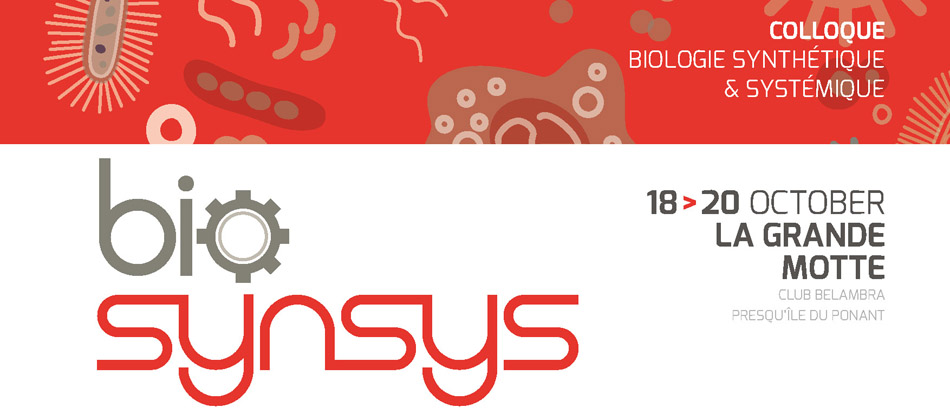We thus far have focused on using such computational method for structure based vaccine design. Vaccines have proven to be a successful approach to control and eliminate important infectious diseases. However, a number of pathogens still lack clinically approved vaccines, highlighting the limits of classical vaccine development. Following the strategy of reverse vaccinology, we focus on employing methods from computational protein design and structural vaccinology to engineer novel immunogens that enhance the induction of neutralizing antibodies.
Recently, a first proof of principle has shown that a computationally designed protein presenting the Respiratory Syncytial Virus (RSV) Motavizumab epitope elicited potent anti-RSV neutralizing antibodies in nonhuman primates. I will also show biochemical, biophysical and immunological characterization of the computationally designed immunogens. Notably, we have optimized the immunization conditions for the epitope-focused immunogens, with which we can elicit neutralizing antibodies in a standard mouse model. This result will enable the iterative optimization of epitope-focused immunogens based on in vivo immunological evidence.
These developments give rising hope for the rational development of precision vaccines focused in specific epitopes and could be transformative for pathogens that have resisted traditional vaccine development strategies.

 PDF version
PDF version
